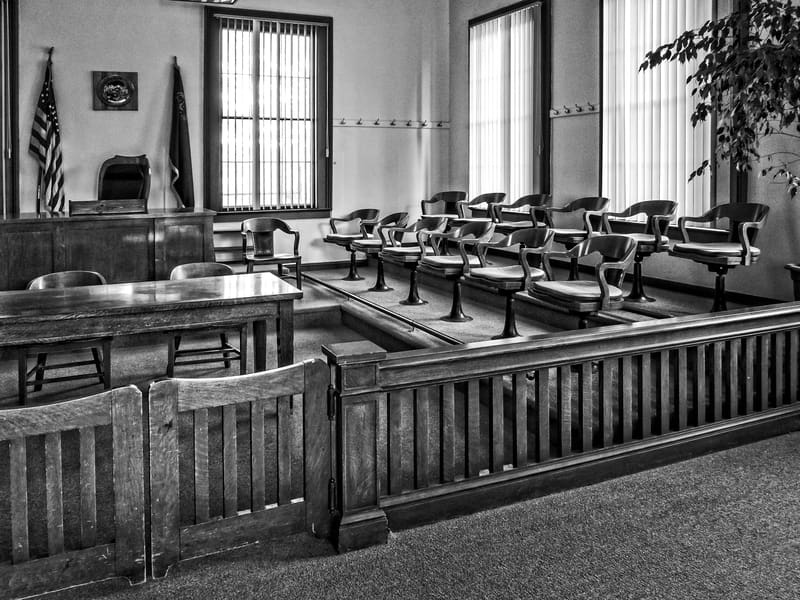In the U.S., a federal jury convicted the New York resident Randall Crater, 51, last week concerning the My Big Coin crypto scheme to defraud investors. According to court documents and evidence presented at trial, he founded My Big Coin Pay Inc. d/b/a My Big Coin, a purported crypto and virtual payment services company, and offered virtual payment services through the My Big Coins cryptocurrency. The scheme falsely claimed that these coins were backed by $300 million in gold, oil, and other valuable assets.
The Trial Case In A Nutshell
Randall Crater and his co-conspirator marketed the My Big Coin scheme to investors between 2014 and 2017 using misrepresentations about the nature and value of the coins. Crater and his associates falsely claimed that coins were a fully functioning cryptocurrency backed by $300 million in gold, oil, and other valuable assets. Crater also falsely told investors that My Big Coin had a partnership with MasterCard and that Coins could readily be exchanged for government-backed paper currency or other virtual currencies.
In reality, however, the coins were not backed by gold or other valuable assets, did not have a partnership with MasterCard, and were not readily transferable. Crater misappropriated over $6 million of investor funds for his own personal gain, including spending hundreds of thousands of dollars on antiques, artwork, and jewelry.
CFTC Fraud Complaint
In January 2018, the U.S. Commodity Futures Trading Commission (CFTC) filed fraud charges against Randall Crater and My Big Coin Pay Inc. The CFTC also filed civil charges against the CEO of My Big Coin, John Roche, and two of Crater’s associates, Mark Gillespie and Michael Kruger.
The Conviction
Randall Crater was convicted of four counts of wire fraud, which carries a maximum statutory penalty of up to 20 years in prison for each count, and three counts of money laundering, which carries a maximum statutory penalty of up to 10 years in prison for each count. He is scheduled to be sentenced on 27 October 2022. A federal district court judge will determine any sentence after considering the U.S. Sentencing Guidelines and other statutory factors.
